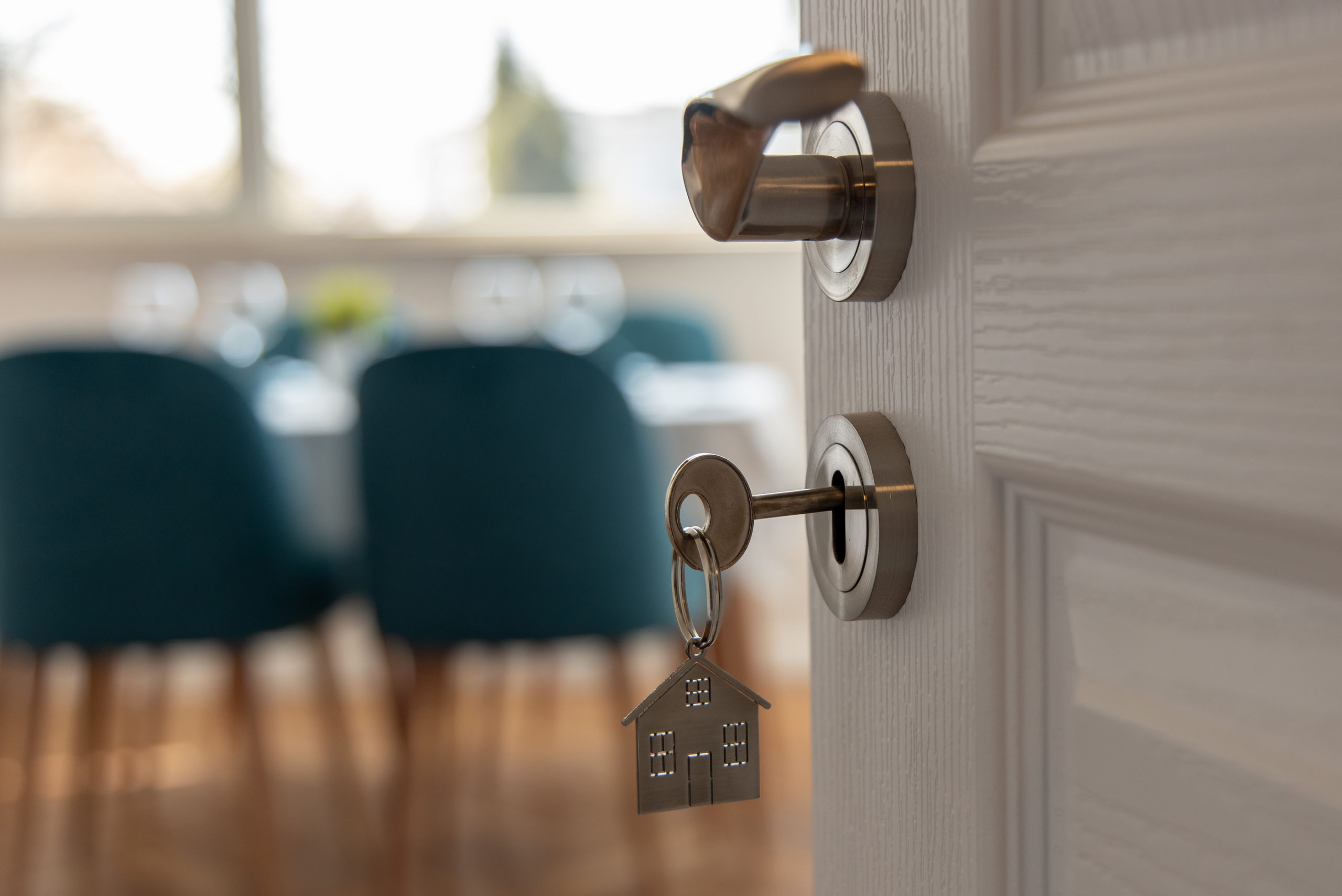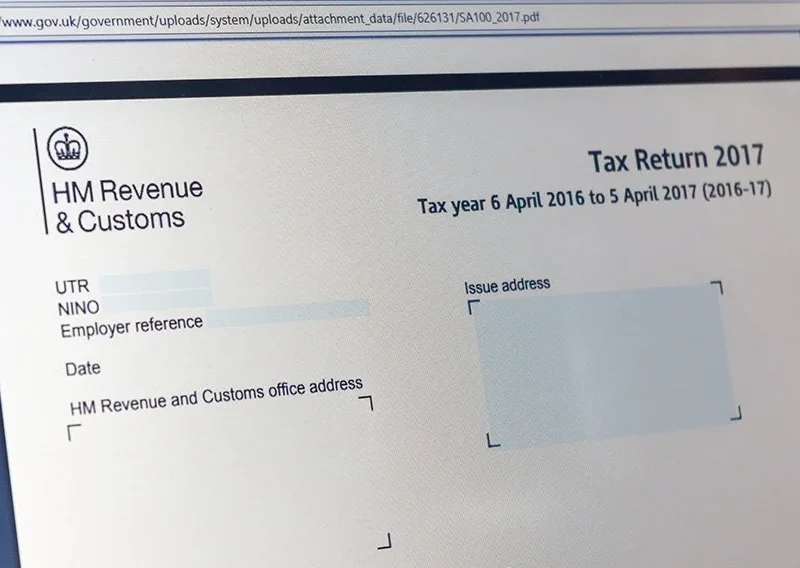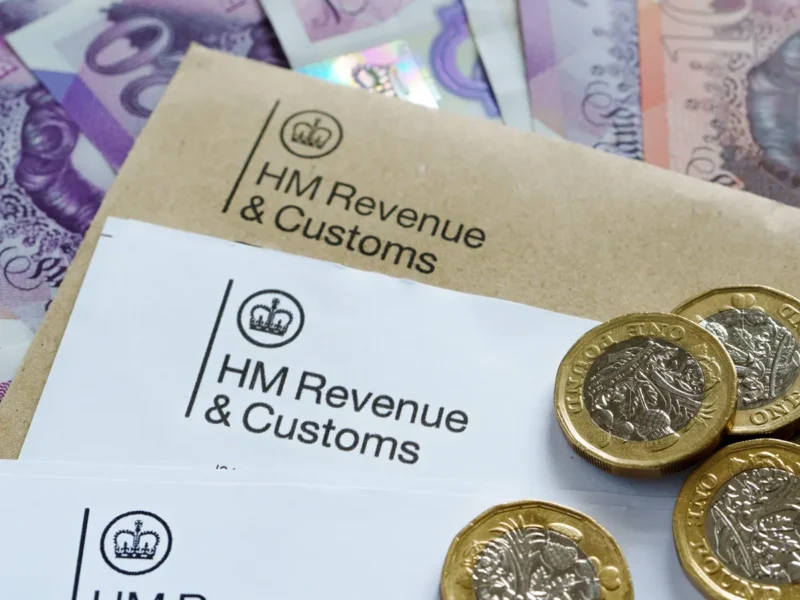Yes, you can sue your UK landlord if they share your personal information without valid reasons. In the UK, laws like the UK General Data Protection Regulation (UK GDPR) and the Data Protection Act 2018 regulate how landlords handle tenants’ personal data.
Landlords are required to handle this data lawfully, and while consent was once sufficient, it’s now discouraged as the sole basis. Instead, landlords can process personal data using other lawful grounds.
If your privacy rights are violated, seek legal advice to understand your options. Remember, as a tenant, it’s important to enforce your rights and protect your privacy.
Can Tenants Sue Their Landlords for Disclosing Personal Information?
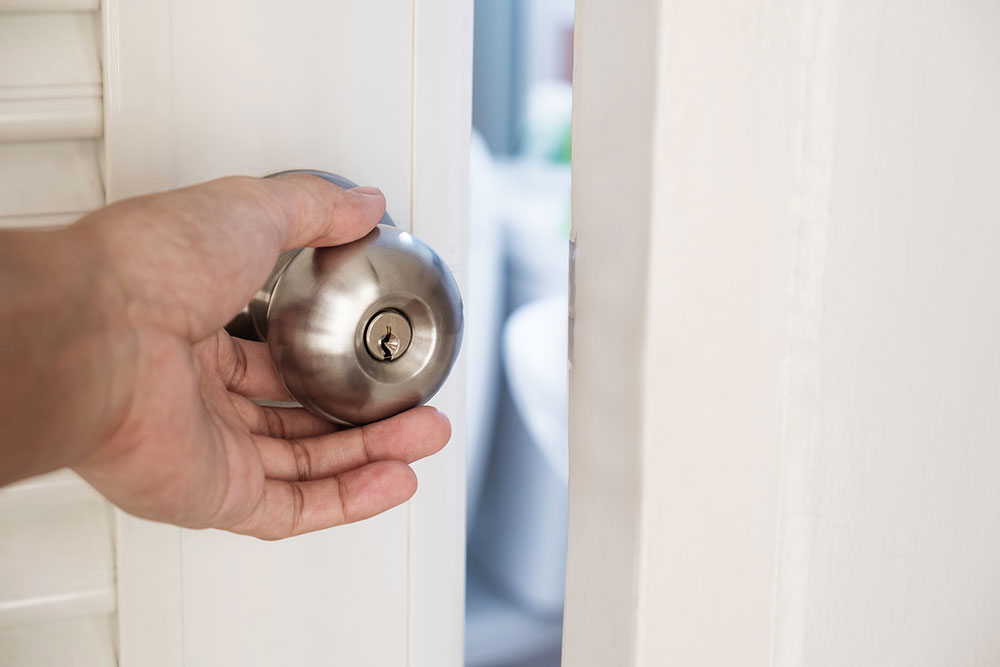
UK General Data Protection Regulation (UK GDPR) and the Data Protection Act 2018 govern how landlords handle tenants’ personal data.
If a landlord discloses personal information without proper justification, tenants can sue based on data protection violations.
As of March 2020, tenants can sue landlords under the Homes Act if they fail to provide a safe and healthy living environment.
This includes issues like cold, damp homes, inadequate repairs, and maintenance neglect.
Tenants can take legal action against landlords for issues such as
- Mould: If it affects health and well-being.
- Plumbing Problems: Drainage, hot/cold water supply.
- Ventilation and Heating: Ensuring a habitable environment.
- Security Hazards: Lack of proper locks or fire hazards.
- Asbestos Exposure: Ensuring safety from harmful materials.
Is it Legal for Landlords to Disclose Personal Information?
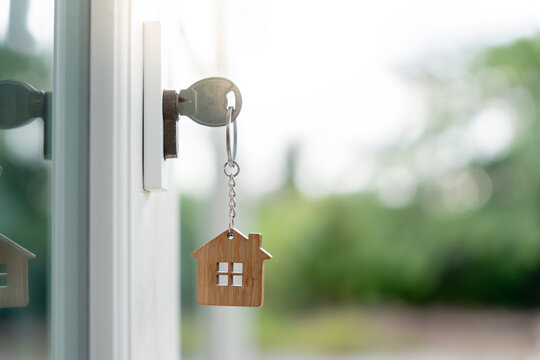
Yes, it is legal for landlords to disclose personal information in certain circumstances permitted by data protection laws. The Data Protection Act 2018 (UK GDPR) governs how personal information is handled by landlords in the UK.
Landlords must use personal data fairly, lawfully, and transparently. They should specify explicit purposes for data usage.
Personal data should be relevant, adequate, and limited to what is necessary for the tenancy relationship.
Landlords must keep data accurate and up-to-date. Proper security measures must be in place to protect against unauthorized access, loss, or damage.
Circumstances Under Which Landlords May Disclose Personal Information
Landlords may disclose personal information if required by law (e.g., responding to a lawful subpoena or court order).
In emergencies or imminent danger, landlords can share information with appropriate authorities for tenant safety.
Landlords may share tenant information (e.g., financial references) to assess suitability for tenancy.
Landlords can disclose information related to property maintenance, repairs, or safety hazards.
What are tenants’ rights regarding personal data protection?

Imagine your house keys – they unlock your front door and keep your stuff safe. Data protection laws work in a similar way for your personal information.
In the UK, these laws (like the General Data Protection Regulation or GDPR) give you certain rights as a tenant
- You have the right to understand what information your landlord holds about you, why they have it, and who they might share it with.
- You can request a copy of your personal data from your landlord.
- If any information your landlord has about you is wrong, you can ask them to fix it.
- Under certain circumstances, you can request your landlord to delete your personal information once they don’t need it anymore.
- You can limit how your landlord uses your information. For example, you might be okay with them having your contact details for repairs, but not for marketing purposes.
Responsibilities of Landlords in Handling Tenants’ Personal Information
Your landlord should explain what information they collect, why they need it, and how long they’ll keep it for. This should be clear in your tenancy agreement.
Landlords can only collect and use your information for specific reasons related to your tenancy, like repairs, rent payments, or background checks (with your consent).
Your landlord needs to take steps to protect your information from unauthorized access, loss, or misuse. This could involve strong passwords, secure storage, and limiting who has access to your data.
Sharing your information with third parties (like repair workers) usually requires your consent. Exceptions might exist for legal reasons, but your landlord should inform you.
When you exercise your data protection rights (like requesting access or deletion), your landlord has a legal obligation to respond promptly and within a reasonable timeframe.
FAQ
Can I sue my landlord for emotional distress UK?
Yes, you might be able to sue your landlord in the UK if they do something that makes you very upset and worried. Landlords have to make sure your home is safe and nice to live in. If they do something wrong that hurts your feelings a lot, you might be able to take them to court.
What is considered harassment by a landlord UK?
Harassment by a landlord means when they do things that make you feel scared or uncomfortable in your home. This could be things like shouting at you, coming into your home without asking, or stopping you from using important things in your home. Landlords should not do anything that makes you feel scared or worried.
Can a landlord go through my personal belongings UK?
Usually, landlords in the UK can’t look at your things without asking you first. You have the right to privacy in your home. Landlords should tell you before they come in and should only come in for important reasons, like fixing something or in an emergency.
Can a landlord take photos of my stuff UK?
Landlords in the UK shouldn’t take pictures of your things without asking you first. They might need to take pictures sometimes, like when you move in or if something gets broken. But they should always ask your permission first.
What rights do landlords have in UK?
Landlords in the UK have some rights, like getting rent on time and being able to visit the property with notice. But they must follow the law and not do anything that makes you feel unsafe or uncomfortable in your home.
Can landlords enter your apartment without permission UK?
Usually, landlords can’t come into your apartment without asking you first in the UK. They should ask for your permission and tell you when they want to come in, except for emergencies. If your landlord comes in without asking, they might be breaking the rules.
Final thoughts
Tenants in the UK have the right to sue their landlord if they share personal information without a good reason. Laws protect tenants’ privacy, and landlords must handle personal data carefully.
If a landlord breaks these rules, tenants can sue for money to cover any harm caused. Landlords need to follow data protection laws to avoid getting into legal trouble and to keep their tenants’ information private.
If tenants think their privacy has been violated, they should get advice from a lawyer to know what they can do about it.

